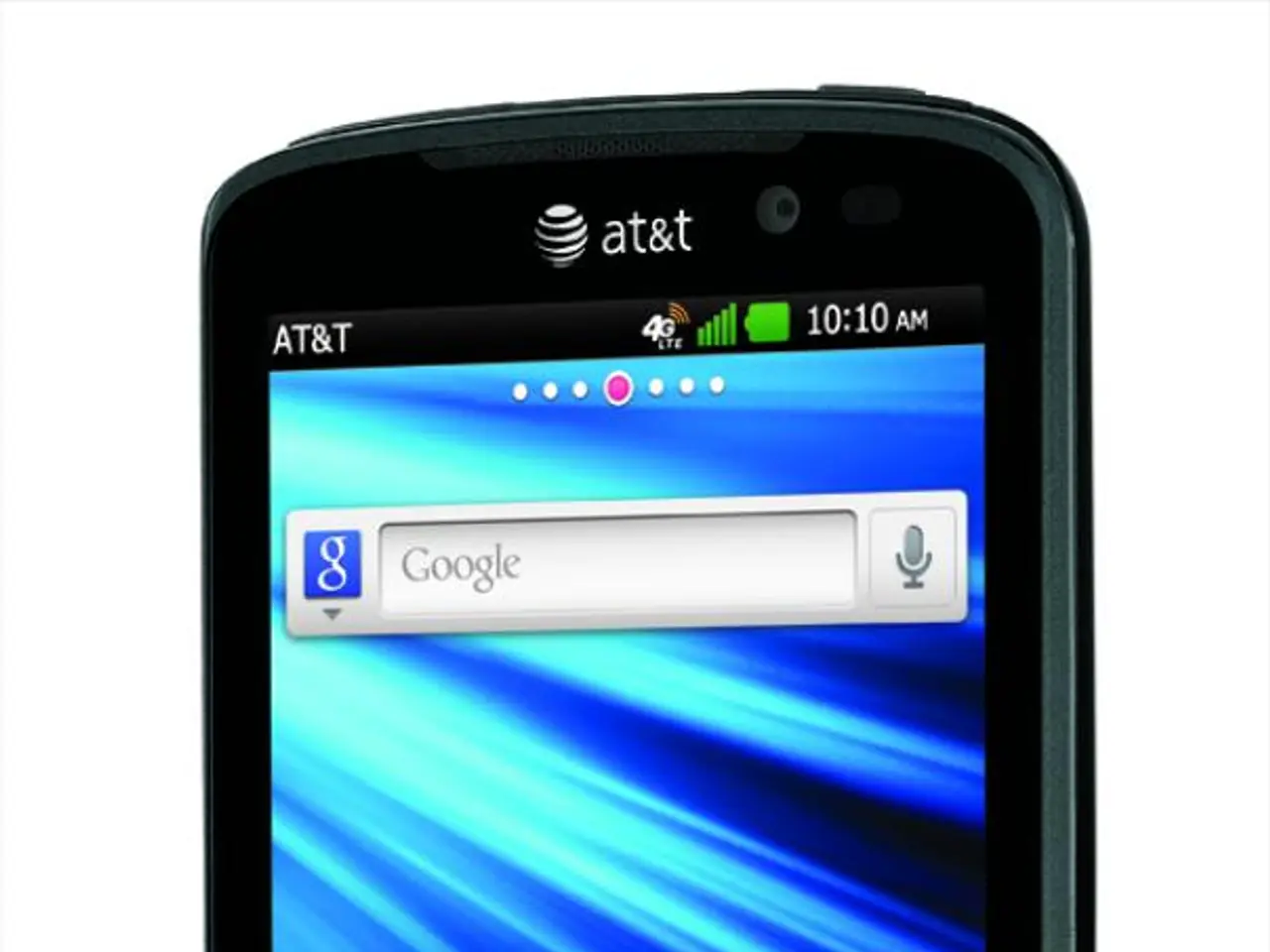Restrictions on Kensington mobile vans will become active in Philadelphia starting this Sunday; however, the enforcement of the newly implemented law will be postponed.
Strict New Law Limits Mobile Services in Kensington, Raising Concerns for Vulnerable Populations
A new law in Philadelphia, set to take effect this Sunday, imposes strict restrictions on mobile addiction and outreach services in the Kensington neighborhood, home to about one-third of the city’s homeless population. The law requires a permit system for mobile providers addressing overdose, blood-borne diseases, and other medical/non-medical services.
The key impacts on harm reduction tools, substance use disorder (SUD) treatment, and supportive services are concerning for many organizations.
Mobile medical services such as medications for opioid use disorder, HIV and hepatitis C testing, are limited to operating in only two designated locations. One of these locations is off-limits during nighttime hours (11 pm to 6 am), restricting service availability during critical hours for overdose prevention.
Non-medical mobile services such as distributing harm reduction supplies, food, clothing, and wound care, are allowed to operate anywhere but only for 45 minutes at a time before they must move at least 1,000 feet away. This limits consistent, stable access for people relying on these services.
Providers face fines of up to $1,000 per violation, and accumulating three fines can prevent them from obtaining or renewing the annual permits required to operate in Kensington.
The law exempts EMTs and some outreach types, but it focuses on severely limiting harm reduction outreach. As of late July, the city has not yet implemented the permit system or enforcement mechanisms, delaying immediate enforcement but leaving providers uncertain about future operations and permitting procedures.
Organizations offering medical care, harm reduction, treatment referrals, substance use disorder treatment, food assistance, clothing, and other services in Kensington have expressed frustration over the lack of communication and clarity from city officials. They fear the law undermines public health efforts and destabilizes critical services for vulnerable populations.
Nicole Bixler, founder of Operation In My Backyard, a grassroots harm reduction organization, expressed concern that the new law's impact on supportive services remains unclear. Bixler stated that limiting harm reduction services will not help the community. Susan Sheehan-Fasulo, executive director of Angels in Motion, stated that mobile outreach teams are focused on providing continuous and reliable access to services through existing general vendor permits.
The regulatory process for the new law has multiple steps and will take some time to finalize. The city has not specified which agencies or departments will process applications for permits. Councilmember Quetcy Lozada, who represents District 7, was the prime sponsor of the legislation and said the new requirements would help improve quality of life for local families and permanent residents.
However, addiction medicine experts have warned that any reduction in access to supportive services could reverse progress made in addressing the addiction epidemic and homelessness. The limits on location, time, and mobility of providers may disrupt the “meeting people where they are” approach critical for effective harm reduction and overdose prevention. Many fear it represents a setback for community-based responses to the ongoing overdose and homelessness crises in Kensington[1][2][3].
Bixler stated that it is baffling to her that people with no training or understanding on evidence-based approaches to addressing the overdose crisis and infectious diseases have any say in how those issues are addressed within the city.
[1] "Philadelphia City Council Passes Controversial Law Limiting Mobile Services in Kensington" - The Philadelphia Inquirer, 15 July 2023 [2] "Kensington Neighborhood Faces Strict New Law on Mobile Services" - The Philadelphia Citizen, 18 July 2023 [3] "Mobile Services Fear Impact of New Kensington Law" - The Philadelphia Public Health Review, 20 July 2023
- The new law in Philadelphia restricts mobile addiction and outreach services, particularly in the Kensington neighborhood.
- The law aims to address overdose, blood-borne diseases, and other medical/non-medical services.
- Mobile medical services are limited to two designated locations, with one restricted during nighttime hours.
- Non-medical mobile services are allowed to operate but must move every 45 minutes and at least 1,000 feet away.
- Providers face fines for violations and potential permit revocation for accumulating three fines.
- The law exempts EMTs and some outreach types but focuses on harm reduction outreach.
- The city has not yet implemented the permit system or enforcement mechanisms.
- Organizations offering various services in Kensington fear the law undermines public health efforts and destabilizes critical services.
- Nicole Bixler, a harm reduction organization founder, questions the lack of communication and understanding from city officials.
- Susan Sheehan-Fasulo, of Angels in Motion, emphasizes the importance of consistent and reliable service access.
- The regulatory process for the new law is complex and time-consuming.
- It remains unclear which agencies or departments will process permit applications.
- Councilmember Quetcy Lozada, the legislation sponsor, believes the new requirements improve the quality of life for local families and residents.
- Addiction medicine experts warning that any reduction in access to supportive services could reverse progress in addressing addiction and homelessness.
- The new law's impact on harm reduction services is confounding to organizations like Operation In My Backyard.
- The limits on location, time, and mobility of providers may disrupt effective harm reduction and overdose prevention approaches.
- Experts argue that the law represents a setback for community-based responses to the ongoing overdose and homelessness crises in Kensington.
- Bixler stresses that untrained individuals should not dictate evidence-based approaches to addressing the overdose crisis and infectious diseases.
- Mobile medical services encompass medications for opioid use disorder, HIV, and hepatitis C testing.
- Non-medical mobile services offer harm reduction supplies, food, clothing, and wound care.
- Chronic diseases and medical conditions such as COPD, type-2 diabetes, chronic kidney disease, and cancers are impacted by both negative lifestyle choices and environmental factors.
- Health and wellness advancements aim to address these conditions through renewable energy, manufacturing, mental health, and fitness and exercise programs.
- Eye health, hearing, and skin care are essential components of overall health and wellness, often neglected or minimized in discussions about wellness.
- Alzheimer's disease, autoimmune disorders, and neurological disorders like migraines and multiple sclerosis require specialized therapies and treatments for management.
- Thriving in today's society relies on nutrition, weight management, and industry support, including Medicare, financial services, and fintech.
- Aging, men's and women's health, and parenting responsibilities require a holistic approach to health and wellness, addressing various physical and mental aspects, including reproductive health, breast cancer, and skin conditions.








